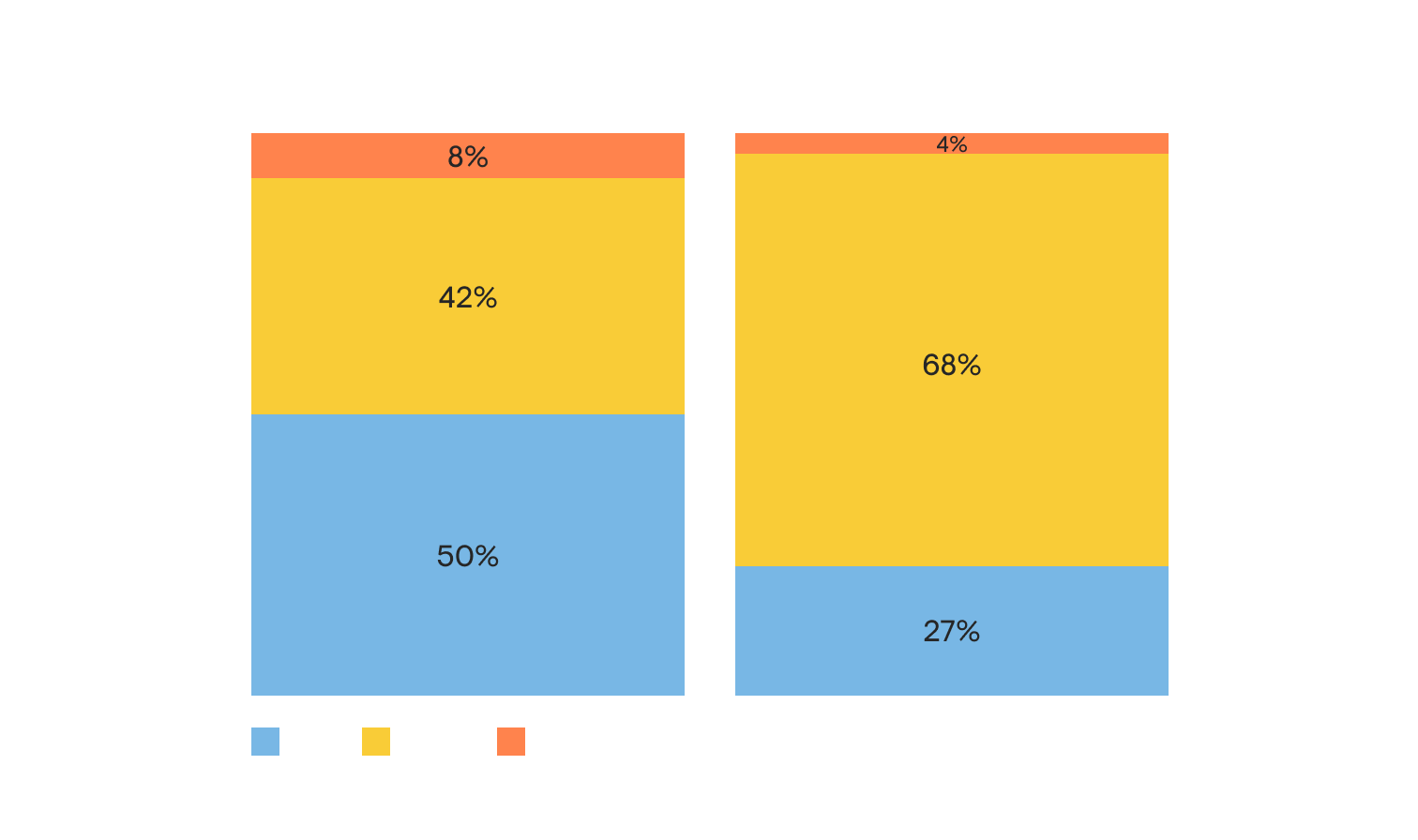


Popular searches
Recommended products


Popular searches
Recommended products




We are a Certified B Corp.
At Tropicfeel we strive to minimize and positivize our footprint, we are constantly working to Reduce, Reuse, Recycle & Regenerate, with transparency and consciousness at the core of our impact.
This is why we decided, to join the B-Corp community to help us with our mission to continuously improve our internal processes, verifications and overall impact.
Date of certification: 26/07/2023




The integrity and impact of our supply chain is a top priority for us, and it starts by making sure we understand and monitor all processes. Our traceability system is designed to provide comprehensive oversight and continuous improvement throughout all points of the chain: yarn, fabric and final product.
Key aspects of our traceability system:












We are committed to reducing our operational processes as after products and materials, this is the second area where we can have a big impact. Thanks to our operational efforts to reduce the use of airplane shipping by 40pp in 4Y we’ve been able to reduce our inbound operations CO2 impact by -42%.



vs 2023















